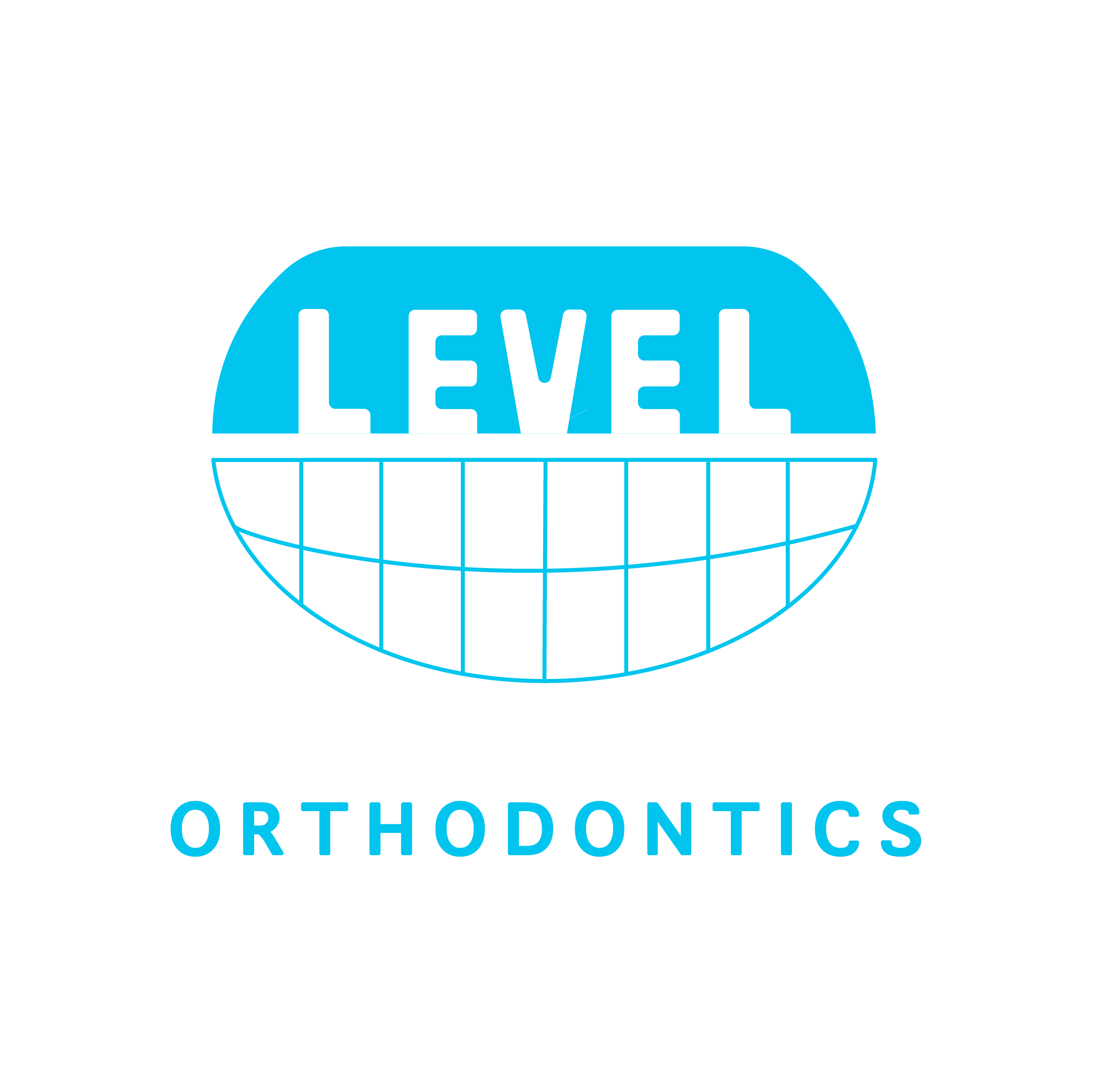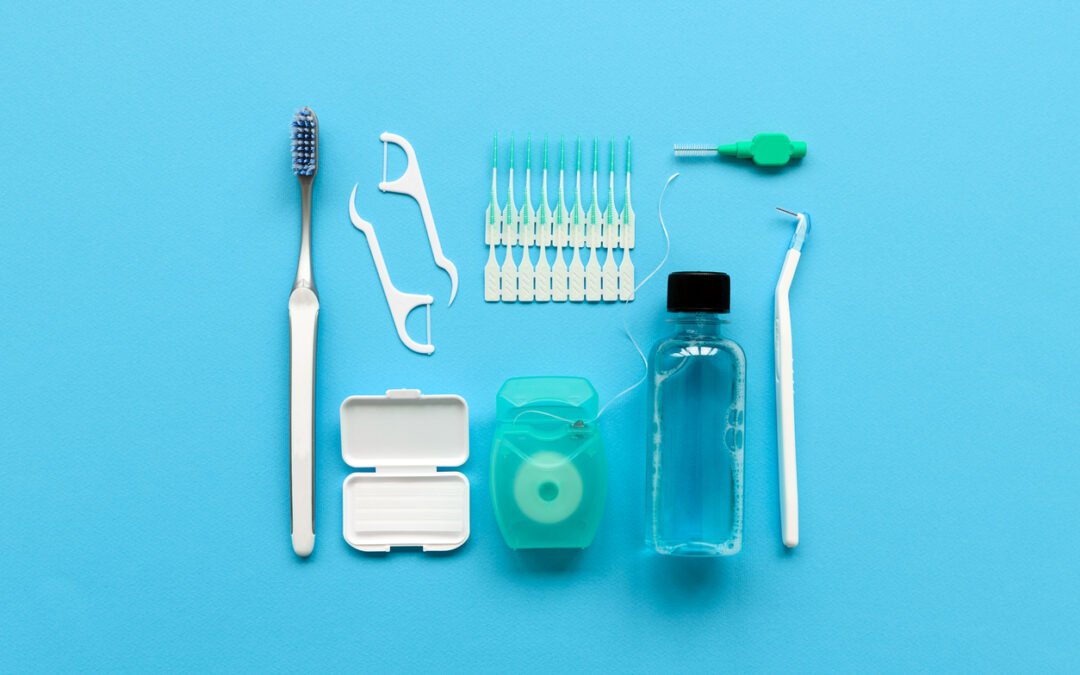When it comes to flossing with braces, there’s a learning curve. Flossing is not as easy as it once was. Now wires and brackets are blocking the way. But flossing is even more critical with braces than ever. Food particles can settle into more nooks and crannies, and proper flossing will protect your gums and teeth from discolouration.
Here are some techniques and tools to make flossing with braces quick and painless.
Floss Threading
For frustration-free flossing, threaders are an inexpensive tool to get floppy thread under the wires. They’re firm enough to withstand constant threading for every set of teeth, so one threader can tackle your whole mouth – which is more than anyone can say for the floss.
The plastic threader can be abrasive, so it’s best to keep the threader from digging into the gums uncomfortably.
Waterpik Flossing
A water flosser is a bit of an investment, but the aftereffects make your teeth feel like you’ve just left your dental cleaning. A Waterpik uses water pressure to clean the teeth of plaque between the teeth and along the gumline. It’s speedy and takes a lot less precision than floss threading.
It’s not only valuable for braces. While most models have an attachment specifically for orthodontics, you can use a Waterpik whether you have braces or not.
Traditional Flossing
If you have a lot of agility in your hands, you can try sticking to the usual floss method. Floss isn’t sturdy, but if you have a practiced hand and patience, it’s possible to floss without special tools. You want to get the floss behind the wire like a threader tool. It can be a little more time-consuming, but if floss is all you have on hand, it’s better than not flossing at all.
How to Reduce Plaque With Braces?

Keeping your teeth and braces clear of plaque is critical to a healthy mouth. While flossing is a crucial component of oral health, there are a few other tips for keeping your braces clean.
- Schedule more frequent cleanings. Your dental hygienist has a different vantage point than you do, so having a professional cleaning more often can help avoid buildup.
- Retire your manual toothbrush. Electric toothbrush heads are optimally designed to reach the corners of your mouth. With the bristles’ shape and brush’s movement, they can completely mimic professional tools. They remove plaque more effectively than even the most vigorous manual brushing.
Bottom Line
Getting your braces on is an exciting time – it’s the beginning of your journey towards straighter teeth. With braces comes many care instructions and best practices to keep your braces in the best condition to let them do their job.
Even if you don’t have the best flossing routine before you get your braces, it’s never too late to start. No matter what tools and techniques you use, flossing daily will be a new facet of your routine.

